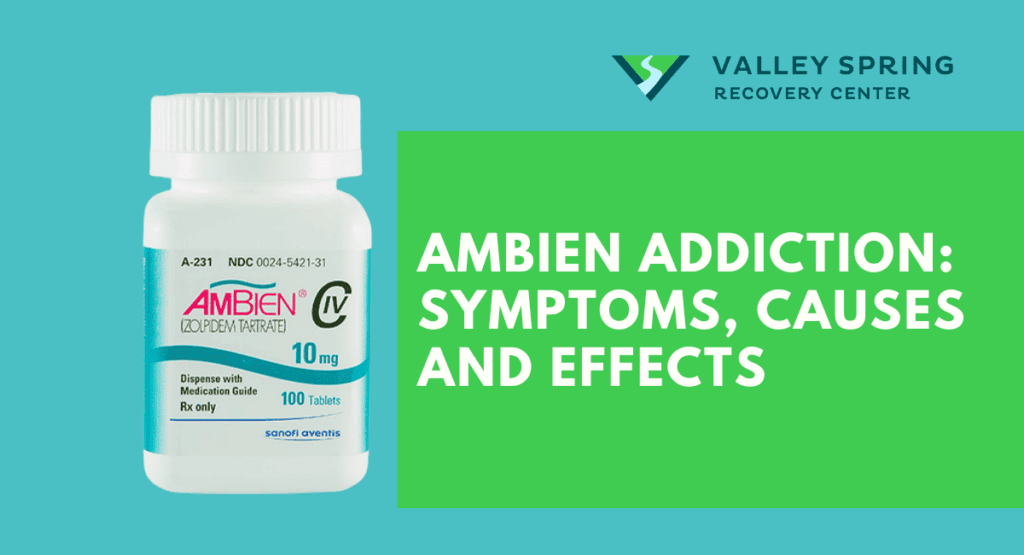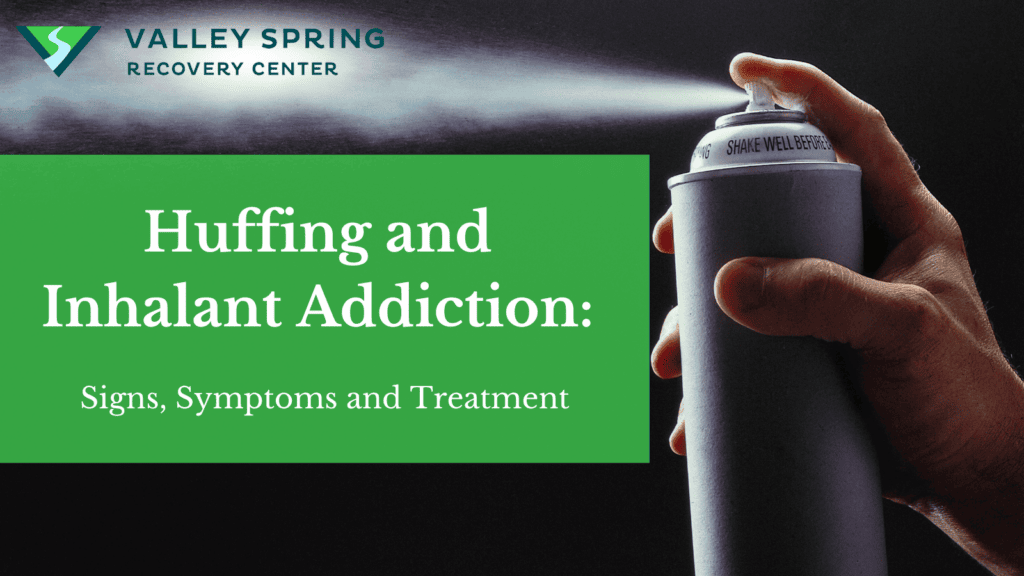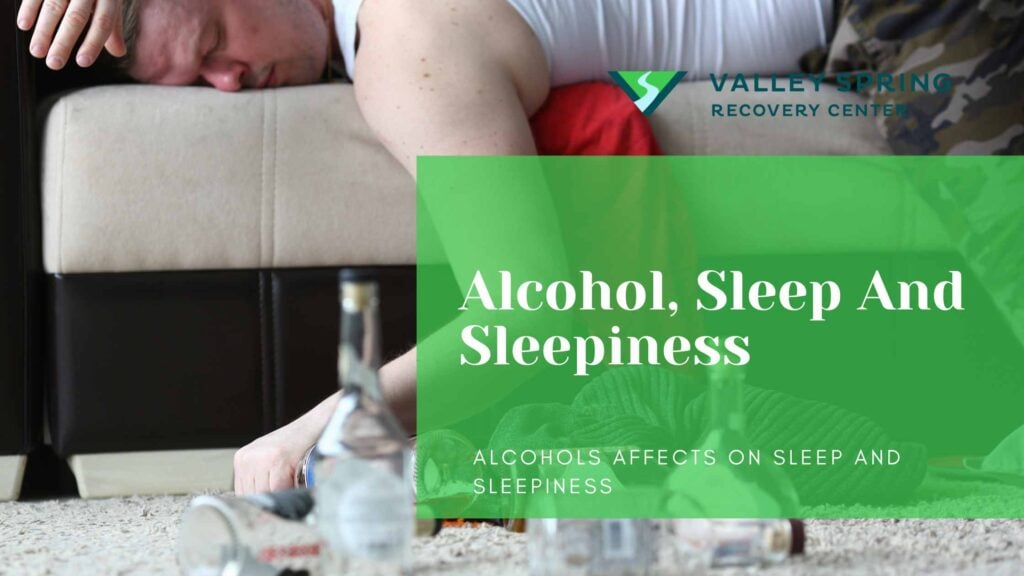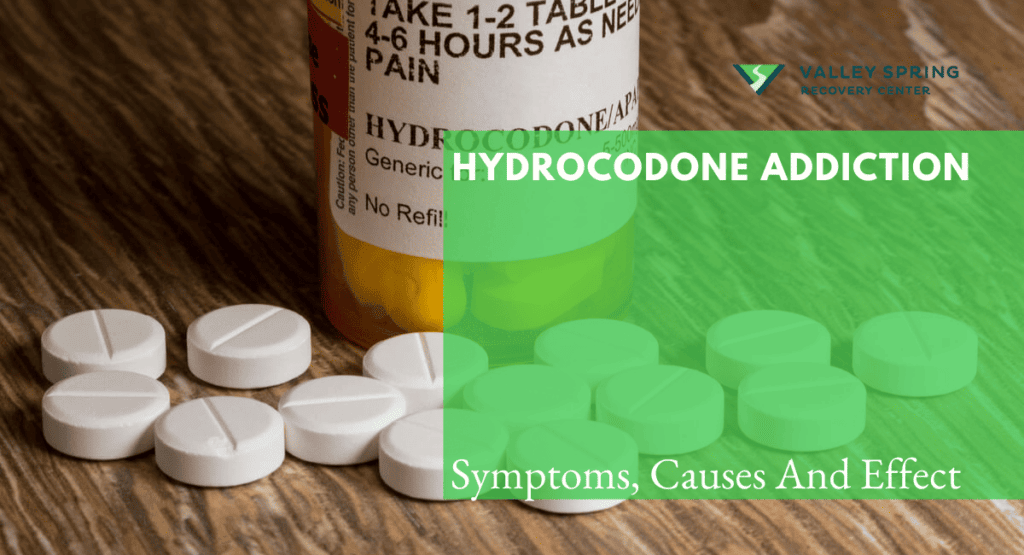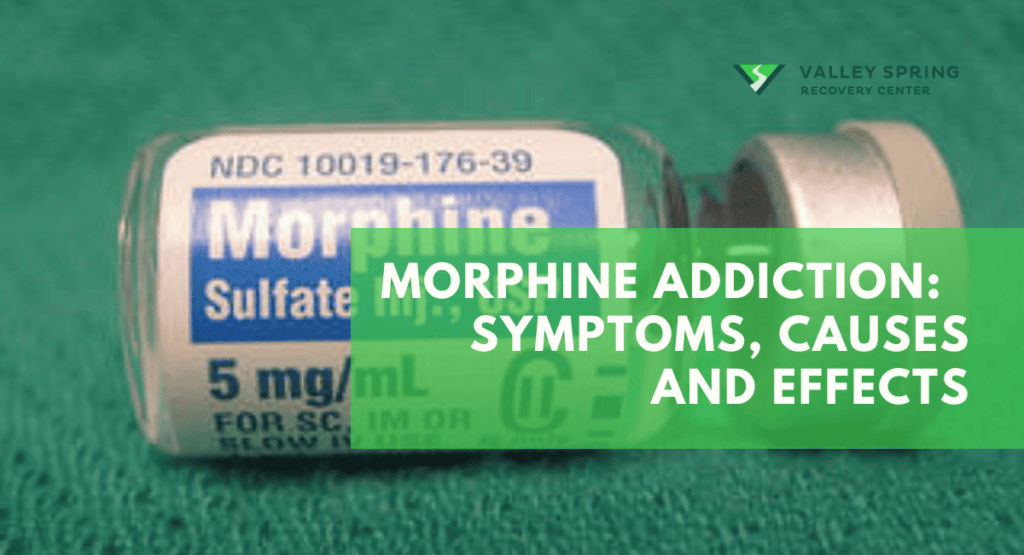Ambien addiction is the compulsive and uncontrollable misuse of, Ambien (zolpidem), a sleep-inducing drug used as a temporary, short-term treatment for sleep disorders like insomnia, leading to physical and psychological dependence. Ambien works by enhancing the effects of a neurotransmitter called gamma-aminobutyric acid (GABA), which slows down brain activity and promotes sleep. When used as prescribed and for short periods, Ambien can be an effective treatment for sleep disorders but it can be dangerous when misused or abused.
The symptoms of Ambien addiction may include increased tolerance, withdrawal symptoms upon discontinuation, unsuccessful attempts to quit, and continued use despite negative consequences.
The causes of Ambien addiction can include prolonged or excessive use of the medication, underlying substance abuse issues, a history of addiction, and the presence of co-occurring mental health conditions.
The effects of Ambien addiction can manifest as physical health problems, impaired cognitive function, disrupted relationships, occupational difficulties, and overall deterioration of quality of life. Seeking professional help for you or a loved one battling Ambien addiction is crucial for wholesome recovery.
What is Ambien Addiction?
Ambien addiction refers to a condition in which a person becomes dependent on the medication known as Ambien and consumes the drug despite the negative consequences that it may cause. Ambien belongs to a class of drugs called sedative-hypnotics, which can produce a calming and relaxing effect on the brain which is desirable to some individuals so they continue to use and abuse it.
Ambien addiction can occur when individuals start relying on the medication to fall asleep and develop a psychological and physical dependence on it. They may find it difficult to sleep without taking the drug, and the initial therapeutic effects may diminish over time, leading to increased dosages. This can create a cycle of dependence, tolerance, and escalating use.
What are the Signs and Symptoms of Ambien?
The signs and symptoms of Ambien addiction range from physical and psychological to behavioral and social. Here are some common signs and symptoms associated with Ambien addiction:
- Increased tolerance to Ambien.
- Dependence on Ambien to function or sleep.
- Withdrawal symptoms when attempting to stop or reduce the drug use.
- Compulsive or uncontrollable use of Ambien.
- Persistent use despite negative consequences.
- Neglecting responsibilities and obligations.
- Social withdrawal or isolation.
- Doctor shopping or seeking multiple prescriptions.
- Continued use despite negative health effects.
- Loss of interest in activities previously enjoyed.
- Preoccupation with obtaining and using Ambien.
- Spending significant time and effort to obtain Ambien.
- Financial difficulties due to Ambien use.
- Relationship problems related to Ambien use.
- Neglecting personal hygiene and self-care.
- Changes in sleep patterns (beyond the intended use of Ambien).
- Mood swings and emotional instability.
- Secretive behavior regarding Ambien use.
- Failed attempts to quit or cut down on Ambien use.
- Engaging in risky behaviors while under the influence of Ambien.
Some people may experience other symptoms not listed above, depending on the severity of their addiction, their genetics, and other physical and psychological factors.
What are the Causes of Ambien Addiction?
The causes of Ambien addiction may involve a combination of biological, psychological, and environmental factors, including the following:
1. Prolonged or excessive use
Using Ambien for an extended period or in higher doses than prescribed can increase the risk of developing addiction. Long-term use may lead to physical dependence and make it challenging to discontinue use without experiencing withdrawal symptoms.
2. Underlying mental health conditions
Individuals with pre-existing mental health conditions such as anxiety, depression, or insomnia may be more vulnerable to developing Ambien addiction. They may use Ambien as a form of self-medication to alleviate symptoms, leading to an increased risk of dependence and addiction.
3. Genetics and family history
Genetic factors can influence an individual’s susceptibility to addiction. If there is a family history of substance abuse or addiction, there may be an increased risk of developing Ambien addiction.
4. Co-occurring substance abuse
Individuals who have a history of substance abuse or addiction to other substances may be more prone to developing Ambien addiction. Concurrent use of Ambien with other substances can increase the risk of addiction and potentially dangerous interactions.
5. Psychological factors
Psychological factors such as stress, trauma, or a history of addictive behaviors can contribute to the development of Ambien addiction. Some individuals may use Ambien as a coping mechanism or to escape from emotional distress.
6. Environmental influences
Environmental factors, such as a social circle that encourages or normalizes drug use, can contribute to Ambien addiction. Exposure to environments where Ambien is readily available or where drug use is prevalent may increase the likelihood of addiction.
7. Lack of awareness and education
Insufficient knowledge about the potential risks and addictive nature of Ambien may lead to misuse or dependency. Lack of awareness about alternative coping strategies for sleep problems or inadequate access to appropriate healthcare may also contribute to Ambien addiction.
Remember that addiction is a complex condition, and not everyone who uses Ambien will develop an addiction. The interplay of these factors can vary among individuals.
What are the Effects of Ambien Addiction?
Ambien addiction can have a range of effects on various aspects of a person’s life. These effects can be physical, psychological, social, and may impact overall well-being, and they can include:
1. Physical effects
- Tolerance: With Ambien addiction, individuals may develop tolerance, requiring higher doses to achieve the desired effects.
- Withdrawal symptoms: When attempting to quit or reduce Ambien use, individuals may experience withdrawal symptoms such as rebound insomnia, anxiety, agitation, tremors, sweating, and, in severe cases, seizures.
- Disrupted sleep patterns: Chronic Ambien use and addiction can lead to disturbances in sleep patterns, including fragmented or restless sleep.
- Physical health issues: Ambien addiction can contribute to various physical health problems, including headaches, dizziness, gastrointestinal issues, muscle pain, and impaired coordination.
2. Psychological effects
- Cognitive impairment: Ambien addiction may lead to cognitive difficulties, including memory lapses, confusion, and impaired concentration.
- Mood changes: Ambien addiction can cause mood swings, irritability, anxiety, or depression.
- Increased risk of mental health disorders: Ambien addiction may exacerbate or contribute to the development of mental health conditions such as depression, anxiety disorders, or substance-induced mood disorders.
3. Social and interpersonal effects
- Relationship strain: Ambien addiction can strain relationships with family, friends, and romantic partners due to changes in behavior, emotional instability, and neglect of responsibilities.
- Isolation and withdrawal: Individuals with Ambien addiction may withdraw from social activities, isolate themselves, and prioritize drug use over social interactions.
- Financial difficulties: The cost of obtaining Ambien, especially when obtained through illicit means or doctor shopping, can lead to financial strain and difficulties.
4. Occupational and academic impact
- Impaired performance: Ambien addiction can impair cognitive function, affecting work or academic performance.
- Absenteeism or reduced productivity: Individuals with Ambien addiction may experience increased absenteeism, decreased productivity, or difficulties meeting professional or academic obligations.
5. Legal consequences
Under the influence of Ambien, individuals may engage in risky activities such as driving under the influence, which can lead to legal issues or accidents. While Ambien addiction is not a crime, the actions you take under the influence of the drug could result in both personal and legal trouble.
Why Do People Consume Ambien?
People consume Ambien for medical and non-medical purposes. Ambien is primarily used to treat insomnia, a sleep disorder characterized by difficulty falling asleep or staying asleep. It can be prescribed to help individuals initiate and maintain sleep, manage temporary sleep disruptions, or address chronic sleep problems. However, some people may misuse Ambien for recreational purposes, seeking relaxation or euphoria.
Others may self-medicate with Ambien to cope with underlying mental health conditions. Unfortunately, some individuals develop a dependency on Ambien, relying on it to fall asleep and experiencing withdrawal symptoms when attempting to stop or reduce its use. It’s important to remember that using Ambien for non-medical purposes or in a manner other than prescribed can be dangerous and may lead to addiction or other health risks.
What is the Difference Between Ambien and Lunesta?
Ambien (generic name: zolpidem) and Lunesta (generic name: eszopiclone) are both prescription medications used to treat insomnia. While they belong to the same class of drugs known as sedative-hypnotics, there are some differences between Ambien and Lunesta:
- Active ingredient: The active ingredient in Ambien is zolpidem, while the active ingredient in Lunesta is eszopiclone.
- Mechanism of action: Both Ambien and Lunesta work by enhancing the effects of a neurotransmitter called gamma-aminobutyric acid (GABA) in the brain, which helps to promote sleep. However, they have slightly different mechanisms of action within the GABA system.
- Onset of action: Ambien is available in immediate-release (Ambien) and extended-release (Ambien CR) formulations. Immediate-release Ambien helps individuals fall asleep quickly, while Ambien CR has two layers, one that helps individuals fall asleep and another that helps them stay asleep. On the other hand, Lunesta is designed to help individuals both fall asleep and stay asleep throughout the night.
- Duration of action: Ambien has a relatively short duration of action, typically lasting around 6-8 hours for the immediate-release formulation and up to 7-8 hours for the extended-release formulation. Lunesta has a longer duration of action and can provide a full night of sleep, typically lasting 7-8 hours.
- FDA-approved uses: Ambien is approved for the treatment of insomnia characterized by difficulty falling asleep, while Lunesta is approved for the treatment of insomnia characterized by difficulty falling asleep and/or staying asleep.
- Dosage strengths: Ambien is available in various dosage strengths, including 5 mg and 10 mg for immediate-release and 6.25 mg and 12.5 mg for extended-release formulations. Lunesta is available in 1 mg, 2 mg, and 3 mg tablets.
- Side effects: Common side effects of both Ambien and Lunesta include drowsiness, dizziness, headache, and changes in taste. However, specific side effects and their frequency can differ between the two medications.
The choice between Ambien and Lunesta should be made in consultation with a healthcare professional. They will consider individual factors such as the type of insomnia, medication history, and potential interactions with other medications or underlying health conditions to determine the most appropriate treatment option.

What are the Treatment Options for Ambien Addiction?
The treatment for Ambien addiction typically involves a combination of medical, psychological, and behavioral interventions. These treatments can be done as inpatient or outpatient interventions and can include:
1. Detoxification
Medical detoxification may be necessary for individuals with severe Ambien addiction or those experiencing significant withdrawal symptoms. Under medical supervision, the individual is gradually tapered off Ambien while receiving appropriate support and care to manage withdrawal symptoms.
2. Medication-assisted treatment (MAT)
In some cases, healthcare providers may prescribe medications to assist with the recovery process. Medication-assisted treatment can include medications that help manage withdrawal symptoms, reduce cravings, or address underlying mental health conditions contributing to the addiction.
3. Behavioral therapies
Various forms of behavioral therapy can be effective in treating Ambien addiction. These therapies aim to identify and modify the thoughts, behaviors, and triggers associated with drug use. Cognitive-behavioral therapy (CBT), contingency management, and motivational interviewing are examples of therapies commonly used in addiction treatment.
4. Support groups
Participation in support groups, such as 12-step programs like Narcotics Anonymous (NA), can provide individuals with a supportive community of peers who understand their struggles with addiction. Support groups offer a platform for sharing experiences, receiving encouragement, and learning from others who have overcome similar challenges.
5. Individual counseling
Individual counseling sessions with a therapist or addiction specialist can help individuals explore and address the underlying factors contributing to their Ambien addiction. Counseling can provide valuable guidance, coping strategies, and support throughout the recovery process.
6. Lifestyle changes
Making positive changes in one’s lifestyle can greatly support recovery from Ambien addiction. This may include adopting healthy sleep habits, engaging in regular physical exercise, practicing stress reduction techniques (e.g., meditation, yoga), and establishing a stable routine.
7. Relapse prevention
Developing relapse prevention strategies is a crucial aspect of Ambien addiction treatment. This involves identifying triggers, learning coping skills to manage cravings and stress, and developing a plan to prevent and respond to potential relapses.
Remember that treatment approaches may vary depending on individual circumstances, including the severity of addiction, co-occurring conditions, and personal preferences. A comprehensive treatment plan should be tailored to address the unique needs of each individual seeking recovery from Ambien addiction.
Is it harmful to take Ambien every night?
Taking Ambien every night can be potentially harmful due to tolerance, dependence, increased risk of side effects, impaired cognitive function, and the risk of dependency and addiction. It is important to consult with a healthcare professional for proper guidance and to explore alternative treatment options for persistent sleep difficulties.
Does Ambien cause memory loss?
Yes, Ambien has been associated with memory loss as a potential side effect. These memory-related effects can range from difficulty recalling events that occurred while under the influence of the medication to amnesia or memory gaps. Memory-related side effects are generally more likely to occur when Ambien is taken in higher doses or when combined with other substances that affect the central nervous system.
What happens if you take Ambien and don’t go to sleep?
If you take Ambien (zolpidem) and don’t go to sleep, you may experience drowsiness, confusion, impaired coordination and judgment, memory impairment, increased risk of accidents, and potentially unusual behaviors like sleepwalking or sleep eating. It’s important to follow the prescribed instructions and consult with your healthcare provider if you have concerns or difficulties with sleep after taking Ambien.
What does Ambien do to the brain?
Ambien (zolpidem) affects the brain by enhancing the effects of a neurotransmitter called gamma-aminobutyric acid (GABA). It binds to specific receptors in the brain, which helps to reduce brain activity, induce sedation, and promote sleep.
Kristy Ashe
All author postsShare This Post

